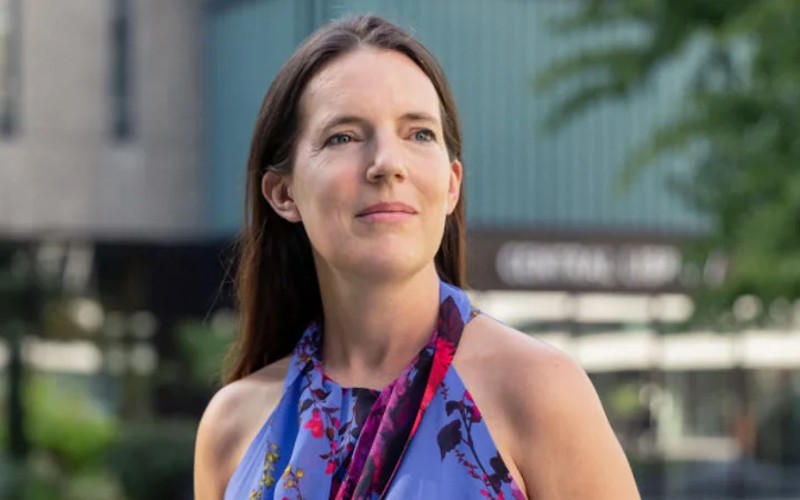Oxford University Innovation has unveiled a plan to increase the proportion of women founders in its startups from 15% in 2015-16 to 50% by 2030.
The University of Oxford’s Increasing Diversity in Enterprising Activities (IDEA) initiative aims to promote inclusivity in entrepreneurial activities, first tackling the under-representation of women in entrepreneurship.
Over the past eight years, the proportion of women founders and co-founders of spinout companies at the University of Oxford has roughly doubled to over 28%.
Oxford’s women founders describe their experiences of systemic bias throughout their entrepreneurial journey. They say measures currently in place to increase women’s participation tend to focus on training to enhance women’s skills, rather than addressing the structural and wider behavioural issues which these individuals cannot overcome alone.
They also report that educating men to demonstrate more encouraging, positive and constructive behaviours would help to inspire women’s confidence, assertiveness and assuredness.
Continuous training to confront stereotypes both within academic institutions and the wider innovation ecosystem would ensure that the entrepreneurial environment becomes more supportive towards women.
According to the British Business Bank, 89p in every £1 of UK venture capital investment in 2019 went to all-male founder teams. The Boston Consulting Group (BCG), meanwhile, found that average investments in companies founded or co-founded by women were half those in firms founded by male entrepreneurs.
BCG reports that women-founded startups accounted for just 2% of funds raised in key European markets.
The UK government’s recently commissioned Independent review of university spinouts recognises the opportunities and the challenges. Women find it more difficult to get investment in patents and to convince investors to keep them in leadership positions.
This is influenced by a range of economic, cultural and political inequalities opposing women in positions of leadership, according to the Harvard Business Review. But the government’s independent review stopped short of detailed recommendations to help shift the balance with more concrete action.
5-point plan
What is needed is a plan to get to an equal gender split among founders by 2030, says Oxford University Innovation, which recommends:
• Acknowledge, fund and start addressing the institutional and economic barriers preventing women from engaging in entrepreneurial activities, including awareness of the uneven burden of caring responsibilities
• Provide dedicated support in postgraduate and postdoctoral studies to uplift women to engage confidently in entrepreneurship, including women-focussed national and regional networks for sharing experiences, mentorship, training and guidance
• Promote unconscious and conscious bias training across organisations and throughout entrepreneurial and investment education, to challenge prevailing stereotypes affecting women-led enterprises
• Work with the investment community and government to increase funding dedicated to women-led ventures and increase the number of women venture capital investors
• Boost attendance of women at conferences and events to increase the numbers of role models, networking and investment opportunities that showcase women entrepreneurs
Professor Dame Molly Stevens (pictured), University of Oxford Academic Champion for Women & Diversity in Entrepreneurship, said: “It is vitally important to have diversity across all levels of university spinouts and startups.
“Through my experience growing companies, and now championing the IDEA initiative to empower women and diversity across the University of Oxford, I have seen first-hand the positive impact of support for women in entrepreneurship.
“We need to continue to build the profile of women innovators to encourage funding and investor partnerships that will foster more world-class female-led technologies and companies.
“These advances in championing female founders should sit alongside strong efforts to promote broader diversity in other underrepresented groups of entrepreneurs too.”
CNC Robotics owner Madina Barker confirmed for FUEL Liverpool


